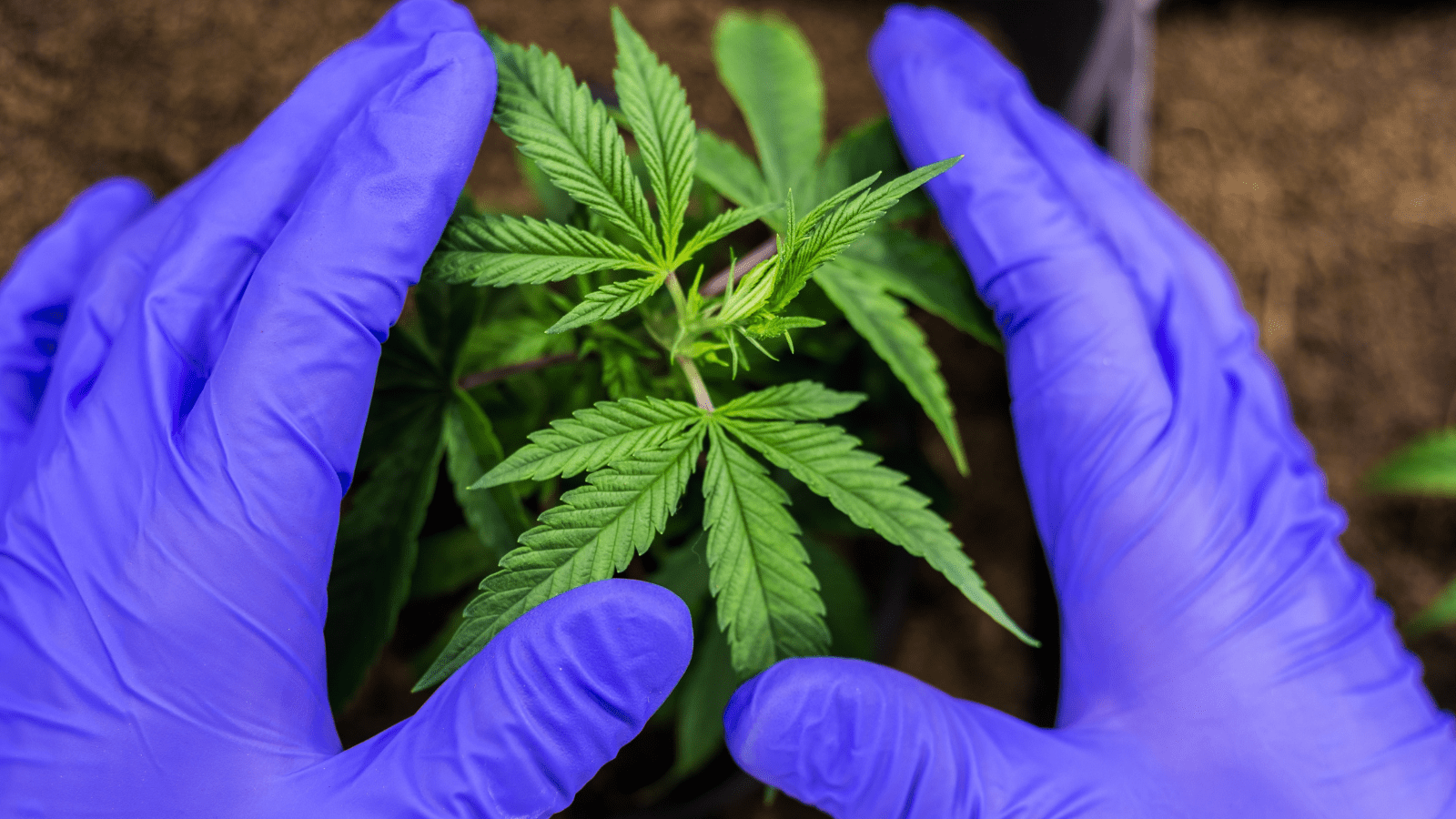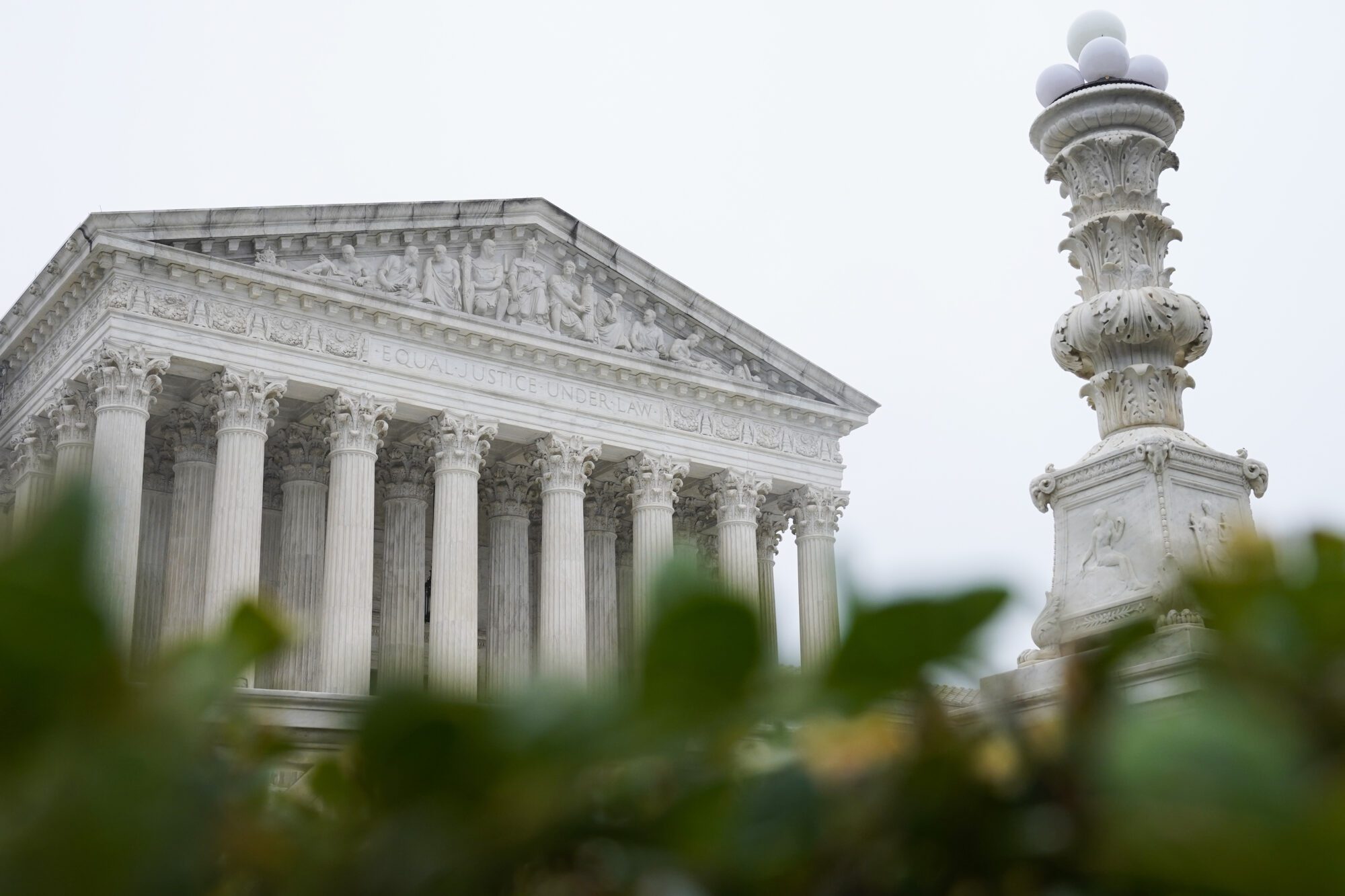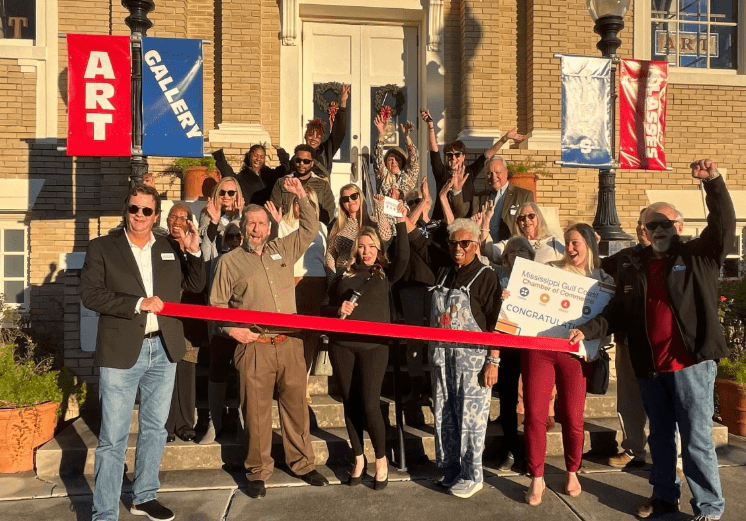
Some of the products tested not only contain high levels of THC, but also pesticides.
Products being sold in local Mississippi gas stations and convenience stores may contain levels of THC that match those provided to medical marijuana patients, according to testing conducted last month by one of the state’s licensed testing facilities. Some of those products also contained high levels of pesticides.
The announcement was made Tuesday by Cliff Osbon, cofounder and board member of Steep Hill Mississippi. Steep Hill Mississippi was the first cannabis product testing lab established in the state after medical marijuana was legalized in 2022.
On November 27, Steep Hill Mississippi conducted tests on 15 cannabis related products purchased from gas stations, convenience stores and other businesses in Rankin County. A number of the products contained levels of THC that violate the 2018 Farm Bill, some of which came close to medical marijuana levels of the substance.
The 2018 Farm Bill allows farmers to grow hemp, a cannabis plant closely related to marijuana, so long as the amount of THC in the finished product is less than 0.3 percent. Hemp products are typically grown for industrial use or for cattle feed.
“So, I believe that these retail outlets think that they’re selling things that fall into a loophole,” Osbon said.
However, testing of those products found THC levels between 1 to 15 percent. Osbon said medical marijuana typically has 15 to 25 percent THC. Testing normally only looks for THC levels and not genetic properties of the material in the products, so Osbon said he cannot say whether the products contain marijuana.
“And you wouldn’t just find this in Rankin County where our lab is located. You could go to Southaven, you could go to Biloxi, you can go to Meridian, you could go to Vicksburg and go to Oxford,” Osbon said.
His lab not only tests for THC levels, but also for the presence of heavy metals such as lead and arsenic along with pesticides, mold, bacteria and other harmful things. Of the eight pre-rolls, commonly called joints or marijuana cigarettes, purchased during the testing, one contained high levels of pesticides, he said. Pesticides listed as being found in the products at the press conference include bifenazate, chlorantraniliprole, diazinon, myclobutanil, metalaxyl, malathion, permethrins and spinosad.
“It failed for eight of the pesticides listed by the Department of Health, and had this been a medical marijuana sample, it would have failed at 20 times the allowed level of one of those pesticides,” Osbon described, adding that sample failed at 17 times the allowed medical marijuana levels for two other pesticides.
“We don’t see that with medical marijuana. With the legal medical marijuana that we’ve tested in Mississippi, and we’ve tested thousands of samples, we’ve never seen anything like that,” Osbon elaborated.
Exposure to those pesticides can cause a person to suffer from muscle weakness, tremors, and high enough doses can lead to life-threatening symptoms.
These products are also being sold in cities that opted out of allowing medical marijuana dispensaries as part of the state’s legalization of medical marijuana. After the substance was approved for medical use in the Magnolia State, each city and county had the option to allow or disallow dispensaries and marijuana grow operations to set up shop. Not every city and county opted in.
Osbon is also concerned that some of the stores where the products were purchased did not have signs indicating that they would ask for age verification. He’s concerned juveniles could potentially purchase these products.
Names of the stores where the products were purchased and the name brands of the products are not being released by Osbon, but he hopes the results of the tests will lead to legislation that will give law enforcement methods to address the problem.
“And so, this may take legislation to give people the tools that they need to get a handle on the issue,” Osbon said.
State Representative Lee Yancey, (R-HD 74) told Magnolia Tribune that he has speculated that some products being sold in local stores contain high levels of THC and has been working on a bill to address the problem.
Yancey led the House’s efforts in passing the state’s medical marijuana program, working with State Senator Kevin Blackwell (R) and others to ultimately bring the program into existence.










